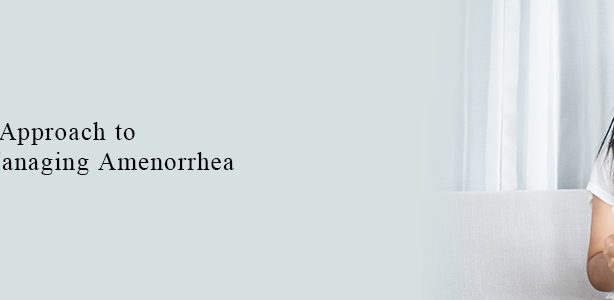It is time to add flavours of thyme to your diet for everlasting health benefits, as shared by Ayurveda Singapore experts.
Thyme is a culinary aromatic herb from the vast mint family. The local name is Thymus vulgaris and is popularly known as banajwain or ajwain ke phool in India. Ayurvedic Singapore is happy to share the goodness of thyme, and before that, here are the interesting global significance of thyme before coming to its Ayurvedic properties.
Thyme finds its actual origin in southern Europe, from Spain to Italy. In addition to Europe, it is also grown in Australia, northern Asia, northern Africa, Canada, and the United States. In India, thyme is cultivated in the western temperate Himalayas and the Nilgiris. Thyme prefers mild climates and high-altitude mallow soils and grows best in hilly areas.
Ayurveda Singapore reinstates the array of culinary and medicinal benefits of thyme. In the Middle East, it is used as a digestive and antibacterial agent and thyme tea is popular in Iran to help heal breathing issues. It is also believed that the ancient Egyptians used it in their preserving practices, while ancient Greeks used it as incense. This herb is gifted with vitamin C, vitamin K, potassium, magnesium, iron, calcium, and manganese, so people are made aware of its health benefits.
There are good reasons why you should include thyme as part of your diet because this will help to create a positive impact on your health anytime and all the time.
It can reduce high blood pressure
In case you are following mindfulness when it comes to salt consumption, Ayurvedic Singapore suggests that fresh or dried thyme be used instead of salt. The rosmarinic acid present in thyme not only helps to cut down the measure of salt intake but also helps to lower high blood pressure.
It helps to set right certain skin conditions
The anti-inflammatory and antimicrobial properties present in thyme, as our Ayurveda Singapore team states, may also help with skin infections. Its regular consumption will help prevent bacterial infections while reducing inflammation. This means that it can soothe inflammation and inflammation such as eczema and acne.
It gives relaxation for cough and respiratory issues
Thyme is a natural cough suppressant, and thyme, in the form of tea or even aromatherapy, relieves coughs and nasal congestion by thinning mucus. Ayurvedic Singapore reflects that the antiseptic and antibacterial properties of thyme make it a preferred healing antidote for respiratory diseases, such as bronchitis. Thyme tea is a soothing herbal tea that is made by adding a few teaspoons of thyme to boiling water. Let it sit for a few minutes, strain it, and then you are ready to go for it.
It helps to improve digestion
The essential oils in thyme support gut health. They help to improve digestion and prevent the growth of intestinal bacteria. This is why Ayurveda Singapore consultants recommend chewing thyme after meals. It can prevent chronic gastritis and irritable bowel syndrome and improve overall intestinal health. Eating thyme is believed to be an effective natural remedy for diarrhoea and colic.
It has rich minerals to enhance bone health
As already mentioned in the beginning, thyme is a powerhouse that provides vitamin K, iron, calcium, and manganese, and all these, as we know, are excellent for boosting bone health. Its consistent intake, as Ayurvedic Singapore advice, is said to be effective in preventing severe conditions such as osteoporosis and anaemia. Research also says that terpenoids found in thyme are naturally occurring organic chemicals that have a role to play in providing a protective shield against cancer.
It is a pleasant mood booster and skin cleanser
Thyme essential oil, as Ayurveda Singapore says, is primarily used for aromatic and therapeutic purposes as it is rich in the active ingredient carvacrol. This increases levels of serotonin and dopamine, two important hormones that control mood and positively impact mental and physical well-being. Thyme tea is good for migraines and menstrual pains. Also, it is said that thyme oil was once used for medicated bandages in the past because of its antibacterial and anti inflammatory properties and is still used for mouthwashes.
It is effective for hair growth
When the hair follicles are well supplied with nutrients, stronger and voluminous hair is guaranteed. Packed with hair-friendly nutrients, thyme essential oil promotes hair growth by improving blood circulation to the scalp and preventing hair loss. Additionally, Ayurvedic Singapore states that its powerful antibacterial properties eliminate dandruff, reduce itching and persistent hair loss, and ensure healthy hair regrowth.
The uses of versatile aromatic thyme are way beyond just a regular herbal tea, and Ayurveda Singapore consultants and therapists always find it power-packed with a gamut of culinary, therapeutic, and medicinal values.



